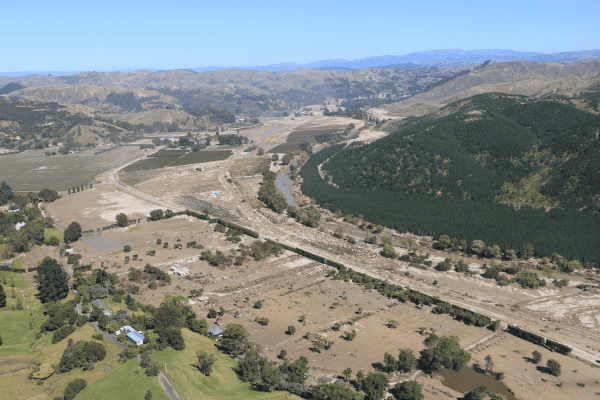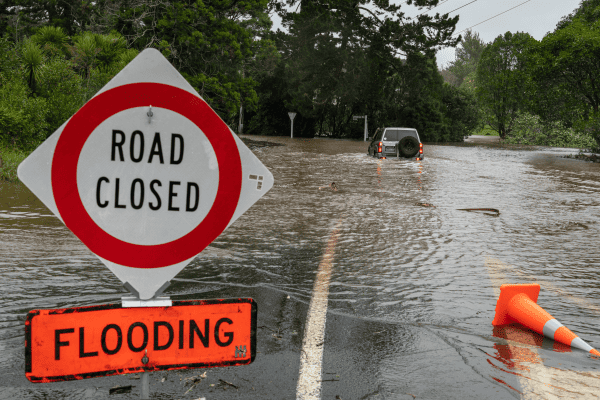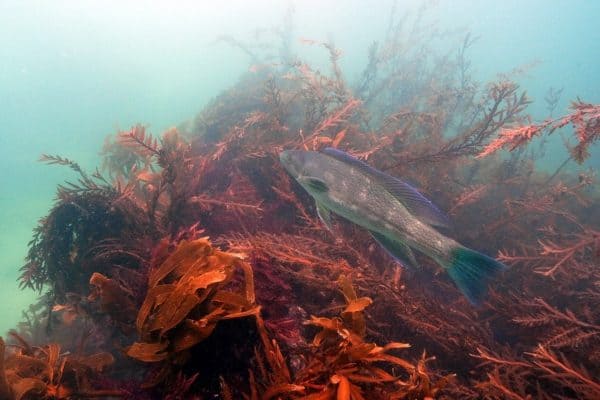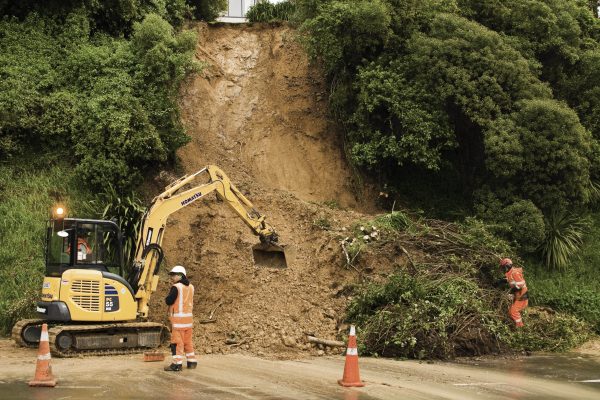Corridor Forums: Working together for a more resilient transport network
15/11/2018
By Dr Vivienne Ivory
How can we make decisions affecting the long-term resilience of our transport network when key players are siloed into regions, modes, and organisations and the future is uncertain? Multi-modal, multi-regional ‘Corridor Forums’ are being piloted as a governance tool to increase New Zealand’s capacity to adapt and potentially transform our transport infrastructure to be more resilient to the many shocks and stresses ahead of us.
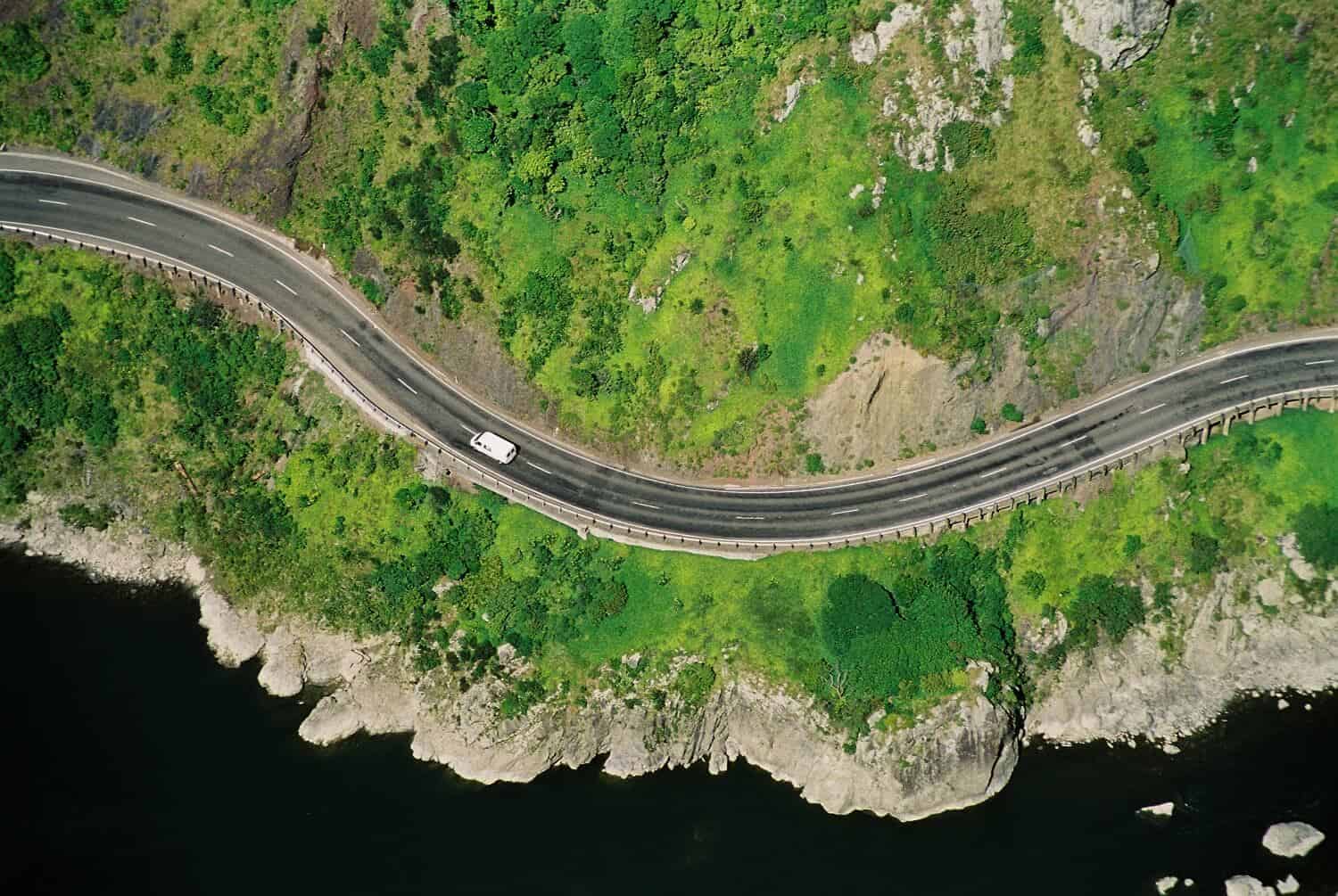
Moving people and goods around New Zealand requires infrastructure that crosses regional boundaries, uses multiple modes (sea and air transport, as well as land), and includes public and private organisations. The decisions we make in this area will affect our communities long into the future.Despite this, our systems analysis of the transport infrastructure networks following November 2016 Kaikōura earthquakes identified silos of information and decision-making that may ultimately hinder resilience efforts. Adding to this, transport decisions tend to favour the repair and protection of existing infrastructure rather than adapting for future shocks and stresses.
Given the network nature of transport infrastructure, it is not surprising that making long-term decisions about change is challenging. Natural hazard events amplify this challenge, so it is important that we develop the capacity to make decisions before a crisis, rather than be forced to make them during one. Knowing there is uncertainty about future technology and social and economic changes, transport stakeholders have identified the value in developing the networks and ‘practising’ making difficult decisions. And doing so before shocks occur. The Manawatu – Whanganui – Taranaki Corridor Forum is a pilot to trial a multi-modal, multi-regional forum as a governance tool. It will bring together players from across a transport system that includes public and private organisations, and local and national interests. The pilot is a collaboration between the Governance, Infrastructureand EconomicsToolboxes of the Resilience Challenge.
Corridor Forums are being used in the European Union to bring together interests and expertise from diverse stakeholders across countries seeking to develop and improve the performance of the corridor (transport network in a given area) over the long-term. Benefits include removing information silos, establishing effective relationships that ‘bridge’ organisations before crises, and capacity building to think strategically about future challenges.
The Manawatu – Whanganui – Taranaki Corridor Forum pilot is a series of four facilitated structured workshops based in Whanganui. It is being attended by decision-makers from across regional and national-level bodies, bringing transport operators alongside users (e.g., freight, tourism, community, civil defence) and investors (e.g., policy makers, regional authorities). The corridor is of national significance, has road, rail, air and shipping ports, and is exposed to multiple natural hazards. Challenges being addressed include the significant changes transport is undergoing with both social and technological disruptions changing how people and goods move around, and what that might mean for how we plan for natural hazards (known and emerging).
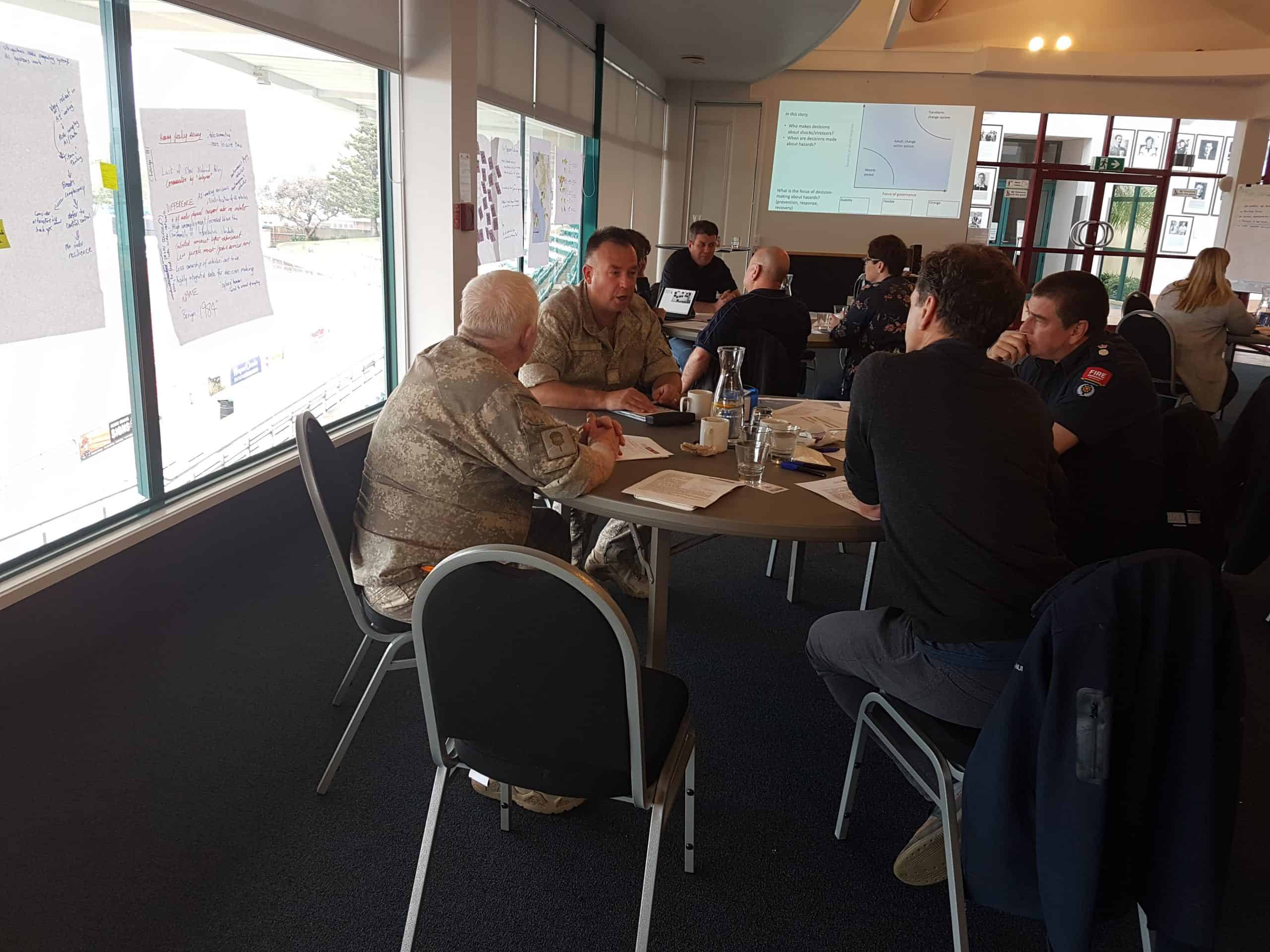
Two aspects of this pilot study are particularly novel. The first is in bringing together people and organizations from across the transport system, an initiative often acknowledged, but less frequently practiced in resilience governance. Not only do the workshops bring together transport investors and operators, they also include the users such as tourism and freight. These users are not always involved in decision-making conversations, yet can provide invaluable insights into an area’s strengths and vulnerabilities and values. Including such a range of local participants will result in a wealth of local and national knowledge and technical expertise present at each workshop, as well as varied perspectives on future management prioritisation.
The second novel aspect if this research is in its use of foresight techniques. The Forum uses hypothetical crisis examples (rather than existing known threats) developed using foresight techniques and state of the art hazard scenario processes so participants can experience working with uncertainty and different values and priorities. We are also using foresight thinking techniques to ‘stretch’ people’s imagination about what our transport and wider society could be like in the future (such as with demographic and technological change), and how that interacts with the known sources of shocks (such as floods) as well as the less certain stresses from forces such as climate change.
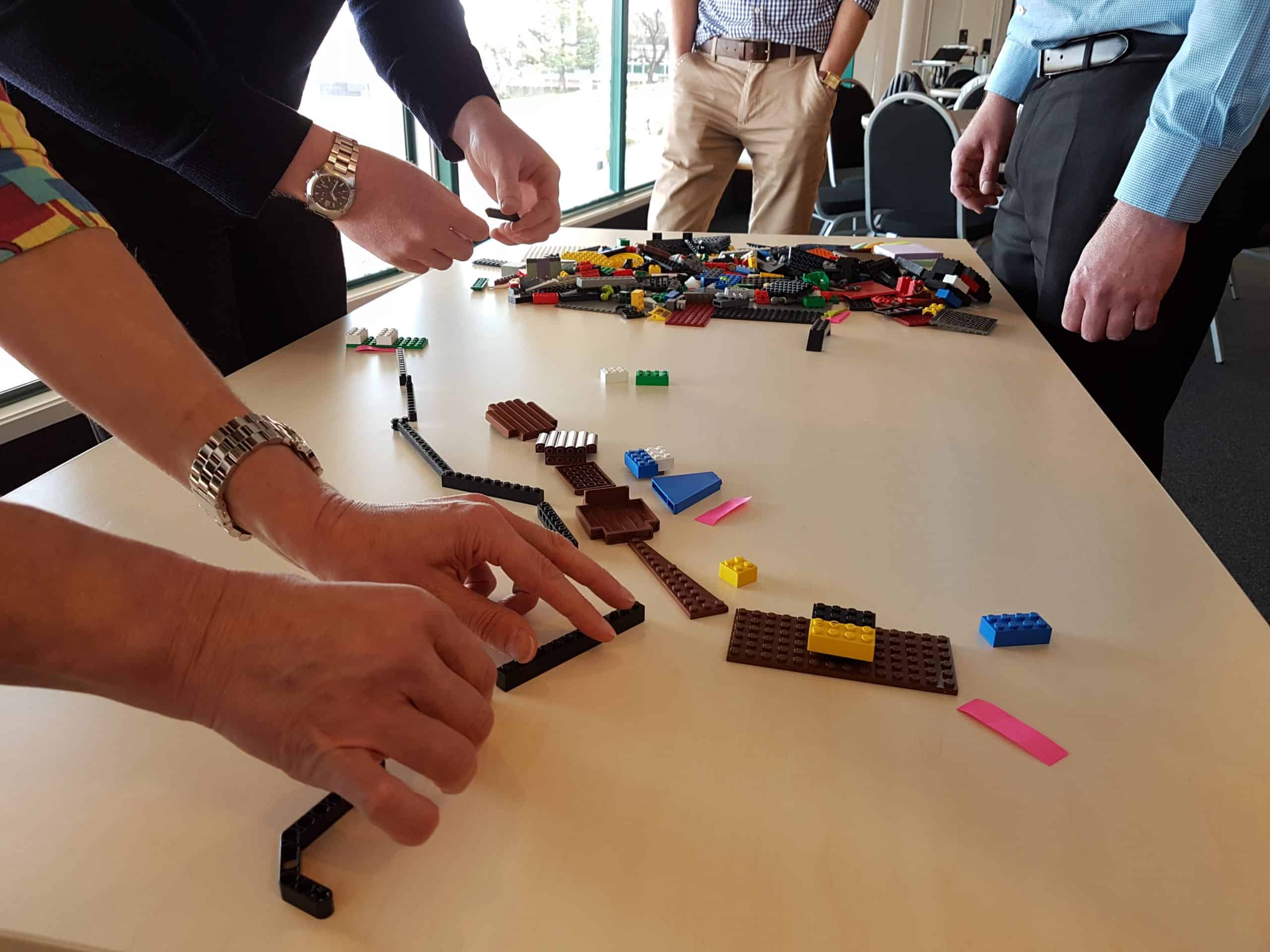
The combination of these two innovative approaches will provide participants with the opportunity to share local and technical knowledge and perspectives about the corridor vulnerabilities and strengths, as well as what counts as a ‘severe’ shock, how ‘good’ decisions get made, and ultimately what matters the most. The Forum is very much about developing capacity to have challenging conversations about the uncertainties we face and our collective understanding of risk and resilience.
Following the pilot completion in early 2019, lessons will be gathered for the value of corridor forums for New Zealand’s transport infrastructure, including the opportunities and governance arrangements for ongoing forums.
The Manawatu – Whanganui – Taranaki Corridor Forum pilot provides transport stakeholders with the opportunity to
- establish system-wide relationships prior to a major shock or stress event
- encourage more adaptive and transformative thinking about the future
- practice making decisions where there is uncertainty, where there is conflict
- work towards future focused solutions to challenging problems and the implementation pathways to achieve them
Multi-modal, multi-regional Corridor Forums can complement existing collaborative initiatives within regions and/or modes, and hazard-based scenario exercises, by developing a broader capacity and appetite to work together across the transport system. In New Zealand, we think they can allow us to collectively consider natural hazards in our future thinking, and thus make informed decisions about how we plan for and manage our transport networks going forward.
